What is the first location of the state of the Indian people in ancient times? What are characteristics of History curriculum of upper secondary education in Vietnam?
What is the first location of the state of the Indian people in ancient times?
Precisely identifying the "first state" of ancient Indian people is quite complex due to India's long and diverse civilization history, with numerous centers of power emerging and disappearing over different periods.
However, considering the archaeological evidence found, we can point out several significant regions that witnessed the earliest urban civilizations in India:
The Indus Basin: This is one of the earliest regions where urban civilizations appeared in India. Ancient cities such as Harappa and Mohenjo-daro, located in today's Pakistan, have been discovered with developed urban systems, large-scale architecture, and advanced drainage systems. This civilization is often referred to as the Indus Valley Civilization or Harappan Civilization.
The Ganges Valley: The land surrounding the Ganges River was also one of the important power centers of ancient India. Many kingdoms and empires rose and fell here, leaving behind significant historical relics. Instead of seeking a single "first state," archaeologists and historians often focus on studying the development of ancient civilizations in India, exploring cultural interactions, cross-regional exchanges, and the factors that contributed to the diverse and rich culture of present-day India.
Note: The information is for reference purposes only
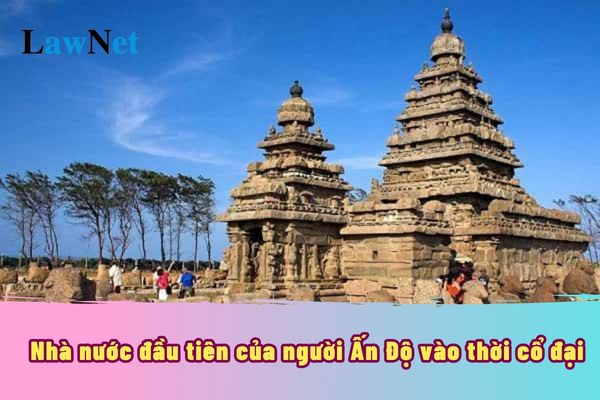
What is the first location of the state of the Indian people in ancient times? What are characteristics of History curriculum of upper secondary education in Vietnam? (Image from the Internet)
When will students in Vietnam learn about the first state of the Indian people in ancient times?
Based on Section 3 of the General Education Program for the History Subject issued along with Circular 32/2018/TT-BGDDT, the objectives of the grade 10 History curriculum at upper secondary education are as follows:
Eastern Civilizations
Egyptian Civilization
- Formation basis
- Basic achievements
Chinese Civilization
- Formation basis
- Basic achievements
Indian Civilization
- Formation basis
- Basic achievements
- Know how to collect and use historical documents to study ancient Eastern civilizations.
- Explain the formation basis of ancient Egyptian civilization: natural conditions, population, economic, political, and social development, etc.
- State the significance of the main achievements of Egyptian civilization: writing, natural sciences, architecture, sculpture, etc.
- Analyze the formation basis of Chinese civilization: natural conditions, population, economic, political, and social development, etc.
- State the significance of the basic achievements of Chinese civilization: writing, literary arts, historiography, natural sciences, medicine, astronomy, calendar, ideas, religions, etc.
- Analyze the formation basis of Indian civilization: natural conditions, population, economic, political, social development, etc.
- State the significance of the basic achievements of Indian civilization: writing, literary arts, natural sciences, ideas, religions, etc.
Thus, the study of the first state of ancient Indian people will be included in the grade 10 History curriculum.
What are characteristics of History curriculum of upper secondary education in Vietnam?
Based on Section 1 of the General Education Program for the History Subject issued along with Circular 32/2018/TT-BGDDT, the characteristics of History curriculum of upper secondary education in Vietnam are specified as follows:
- History belongs to the Social Sciences group, chosen according to career orientation at the high school level.
- The History subject aims to help students form and develop historical competence as part of scientific competence, while contributing to the formation and development of essential qualities and general competencies identified in the overall curriculum.
- The History subject plays a leading role in educating patriotism, national pride, historical and cultural traditions, helping students understand and apply historical lessons to address real-life issues, develop vision, consolidate human values, community spirit, tolerance, and benevolence; contributes to forming and developing the qualities of Vietnamese citizens, global citizens in the development trend of the era.
- The History subject develops students' historical thinking, systematic thinking, critical thinking, skills in exploiting and using historical sources, and awareness and presentation of history in diachronic and synchronic logic, connecting the past with the present.
- The History subject helps students recognize the scientific and practical value of history in modern social life, understand and feel love for the history, culture of the nation and humanity; contributing to guiding students in choosing careers such as social sciences and humanities research, diplomacy, management, tourism activities, cultural industry, information communication, etc.
- The History curriculum systematizes, consolidates general history knowledge at the basic education stage, while enabling students to delve deeper into core historical knowledge through study topics and themes about world history, Southeast Asian history, and Vietnamese history. The teaching method for the History subject is implemented on the foundation of basic historical principles and modern educational methods.
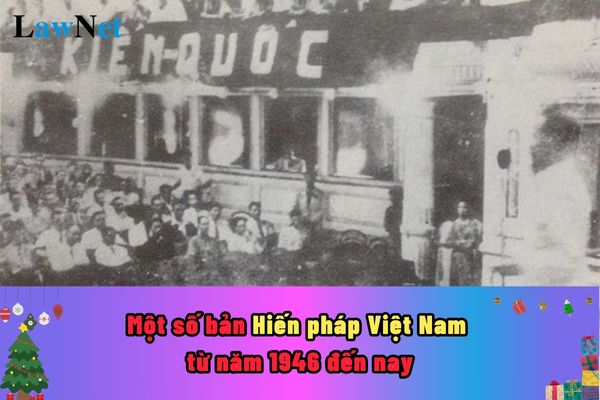
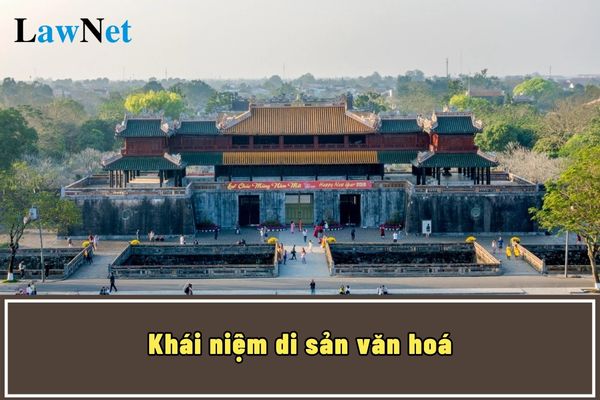
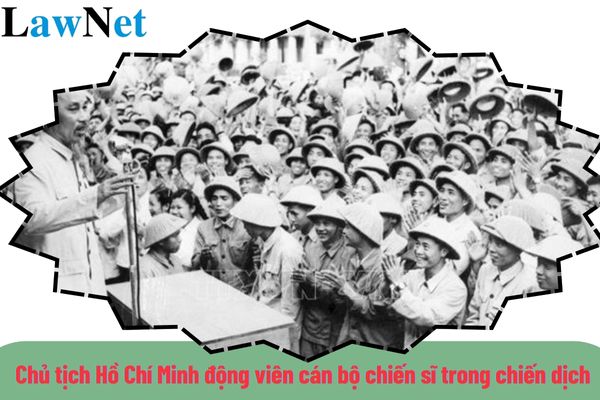

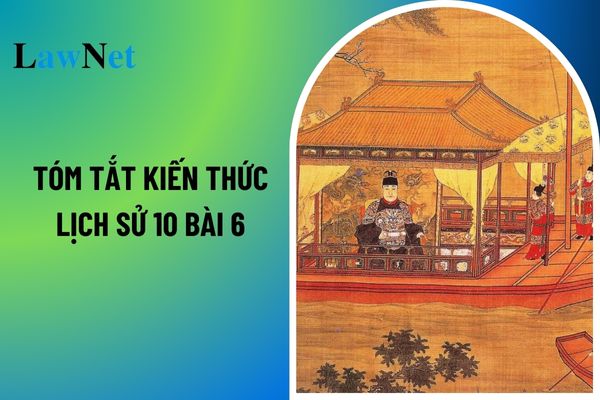
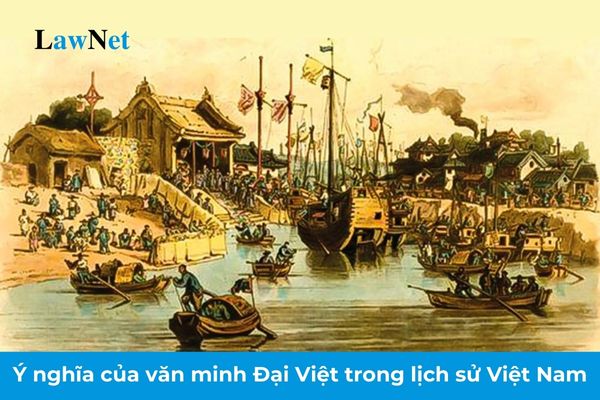
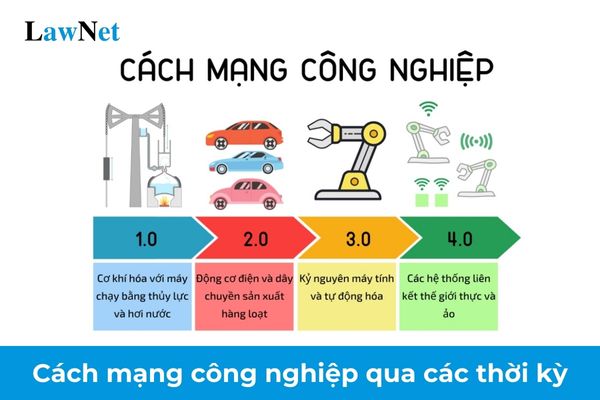
- What is the law on light reflection? What are details of the law on light reflection?
- What is the schedule of the AFF Cup 2024 (ASEAN Cup)? What are activities for physical education and sports in vocational education institutions in Vietnam?
- What is the schedule for the AFF Cup 2024 matches of the Vietnam National Team? Are students who are athletes in Vietnam eligible for a special exemption from high school graduation requirements?
- Vietnam: What are the guidelines for analysis of the poem "Tiến sĩ giấy"? What is the regulatory age of students entering lower secondary education?
- What is the location of Vietnam International Defense Exhibition 2024? Are students of all educational levels granted leave to visit the Vietnam International Defense Exhibition?
- What is the formula for calculating population density in Vietnam? What is the population density?
- Vietnam: What is the sample parent-teacher conference scenario at the end of the first semester of primary education? What are the regulations on the organization of parent committees?
- Vietnam: What is the sample outline for an essay on the analysis of the excerpt "The Last Leaf"? What are the assessment levels for learning results in the school year of 8th-grade students?
- What is the unit of power? When do students in Vietnam study the unit of power?
- What is the guidance for children to tell the story "Chuyện bốn mùa"? What is the age of students entering 2nd grade in Vietnam?

